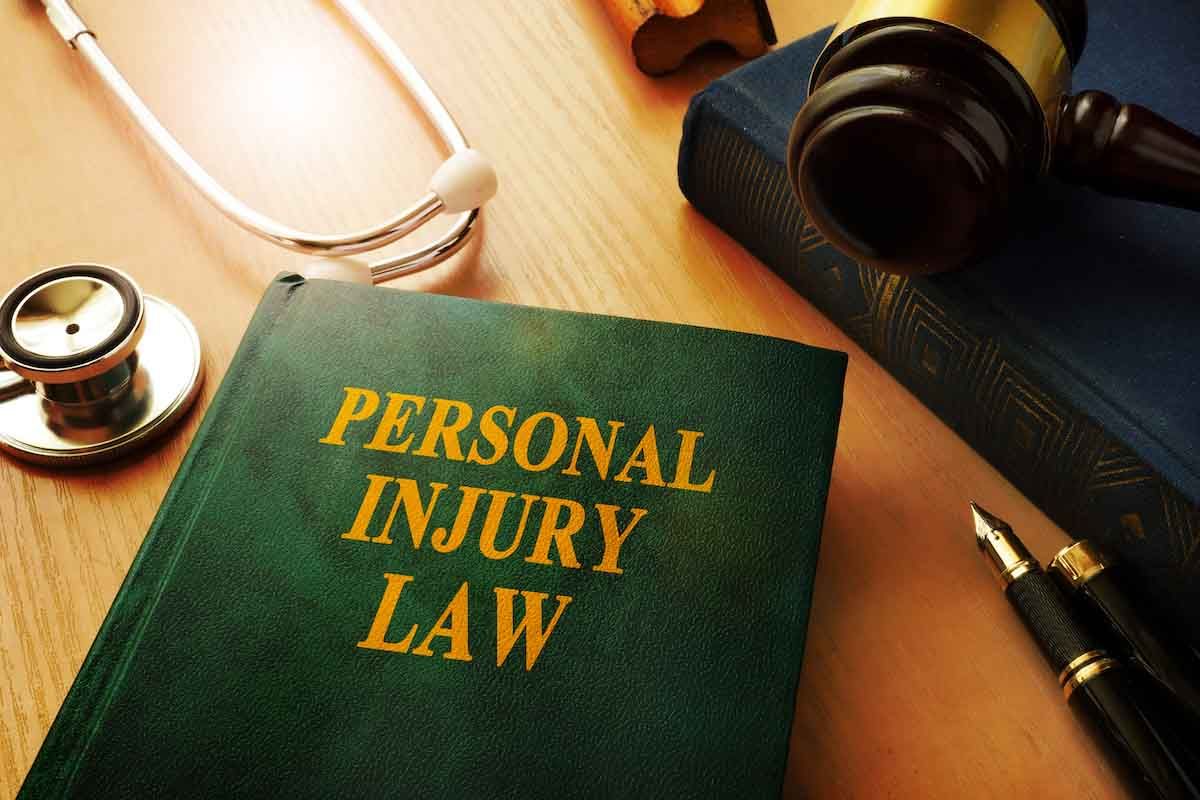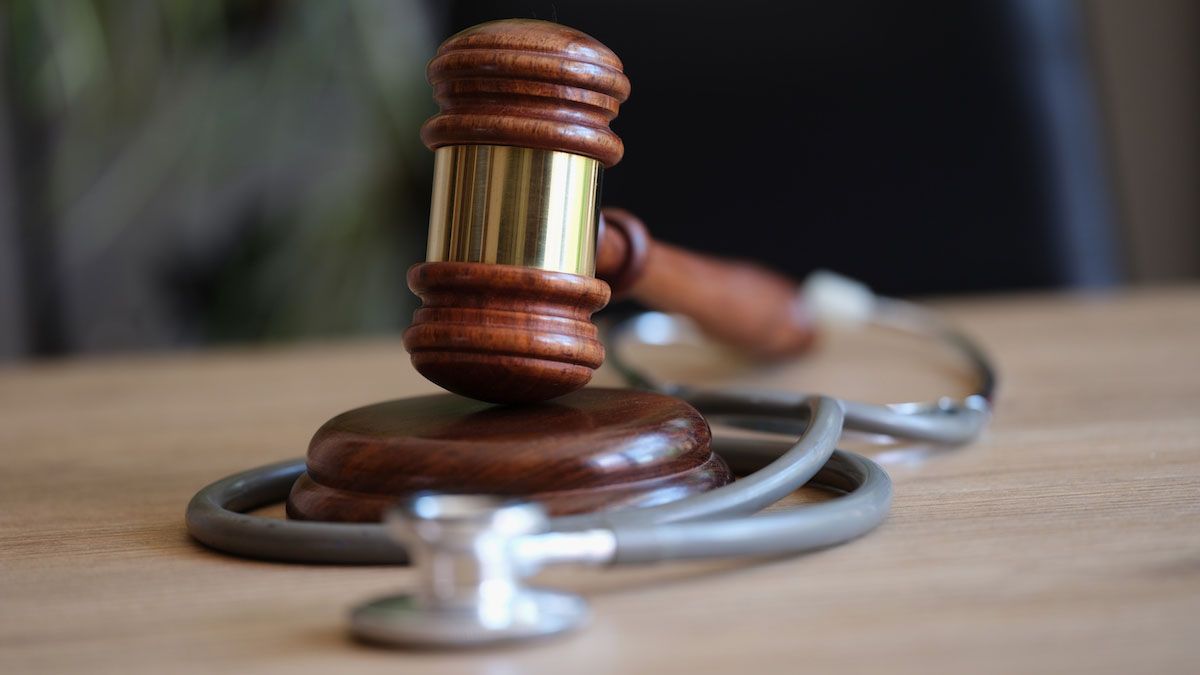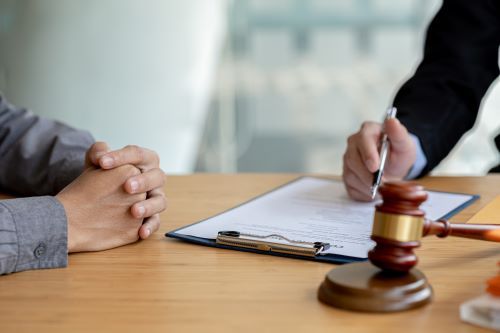What Happens After You Hire a Personal Injury Lawyer?
Have you hired a Portland personal injury attorney and are wondering what happens next? Warren Allen LLP will explain what to expect. On the other hand, if you have not yet hired a personal injury attorney, be sure to do your research and schedule an initial consultation first. Once you have your consultation scheduled, come back and review these steps so you know what questions to ask.
From initially retaining a personal injury attorney to case resolution, Warren Allen LLP will take the guesswork out of the experience so you can be as prepared as possible.
Collect Documentation
A personal injury attorney has to first be able to make your case for why the liable party is at fault and why you should be justly compensated for your injury. To do this, your attorney will need all the relevant evidence and documentation that you’ve collected about your injury.
For instance, if you’ve collected witness contact information or photos of the injury scene, you should turn those over to your attorney. You should also describe what happened in as much written detail as possible. If you’ve taken notes about your symptoms or medical visits, you should hand those over to your attorney as well.
As your case progresses, continue to keep notes about your medical visits, prescribed treatment plans, and any injury-related symptoms. Be sure to follow all of your doctor’s orders as you seek treatment. If you fail to do so and your injury worsens, you could be viewed as negligible and even perceived to be responsible for your deteriorating condition.
Everything related to your injury, regardless of how large or small, should be disclosed to your attorney. It may seem relatively insignificant to you, but it could have major importance to your case. For instance, if you get calls from the other party’s insurance adjuster, be sure to disclose that to your attorney and seek their counsel before speaking with anyone about your case.
Serve Notice
Once your personal injury attorney has all the relevant documentation, they will serve notice of your intent to pursue civil action to all the parties involved in the case. In fact, once the liable party’s insurance company receives notice that you have retained representation, they should not reach out to you going forward. If anyone reaches out to you regarding your case, direct them to speak with your legal counsel and notify your attorney right away.
Serving notice does not necessarily mean that the case will proceed to litigation. In fact, many people seek to avoid litigation altogether. Serving notice to the liable party simply starts the process so that both sides can begin negotiating a settlement.
Investigate the Case
Your attorney will then get to work on your personal injury claim in order to build the strongest case possible. For example, if you’ve provided witness contact information, your attorney will reach out to them to gather statements about what they saw or heard at the time of your injury. In some instances, your attorney may return to the scene to take photos and notes about where the injury occurred. Depending on the circumstances, your attorney may also hire a private investigator.
Attempt to Settle
Before your case goes through the formal legal process, your personal injury attorney will attempt to initiate settlement talks. Be prepared for this to be a somewhat lengthy process. Some settlement talks can take up to two years. It may take more or less time depending on the extent of your injury and the specifics of your particular situation. Oftentimes, a personal injury attorney will need to wait until the full scope of your injury is understood before accepting any settlement offers.
Your attorney will work to negotiate a settlement that’s fair and acceptable to you. Once a settlement offer is received, your attorney will notify you of the settlement terms so you can decide whether or not to accept the offer. Your attorney will explain whether the offer is fair and what your options are. Your attorney should also discuss the risks of proceeding to trial. Ultimately, you will need to decide whether to accept the settlement terms or reject the offer and proceed with filing a lawsuit.
File Suit
If you reject the settlement offer, you may need to sue for damages. When you decide to move forward with a lawsuit, your attorney will file a complaint with the court. Following the initial filing, there will be a pretrial discovery process during which both sides turn over evidence to the other.
As your case works its way through the legal system, there may still be an opportunity to settle outside court. For instance, both parties may agree to mediation. If so, a third party will attempt to reach an agreement that is suitable to both parties in a last attempt to settle the matter before it goes to trial.
The overwhelming majority of cases settle outside the courtroom. However, if settlement and mediation attempts are unsuccessful, you may have to proceed to a civil trial. If you decide to go this route, Warren Allen LLP has a skilled team of litigators who will fight on your behalf and diligently work to try to secure a favorable outcome.
If you need a Portland personal injury attorney, Warren Allen LLP serves the entire Pacific Northwest region. You can book a consultation with us so we can learn about your particular situation and provide you an honest evaluation of your case. We can also answer any specific questions you have about the personal injury claim process.
Recovering from an injury can be extremely difficult all on its own. That’s why we feel you shouldn’t have to navigate the legal process by yourself. We’ll be your advocates, by your side fighting for your interests throughout the process. We’ll explain your options and guide you through each stage of your personal injury claim with expertise and compassion.
If you want a skilled team to fight for the compensation you deserve, Warren Allen LLP will devote significant time, energy, and resources to your case. That way you can focus on what’s most important- your recovery.









